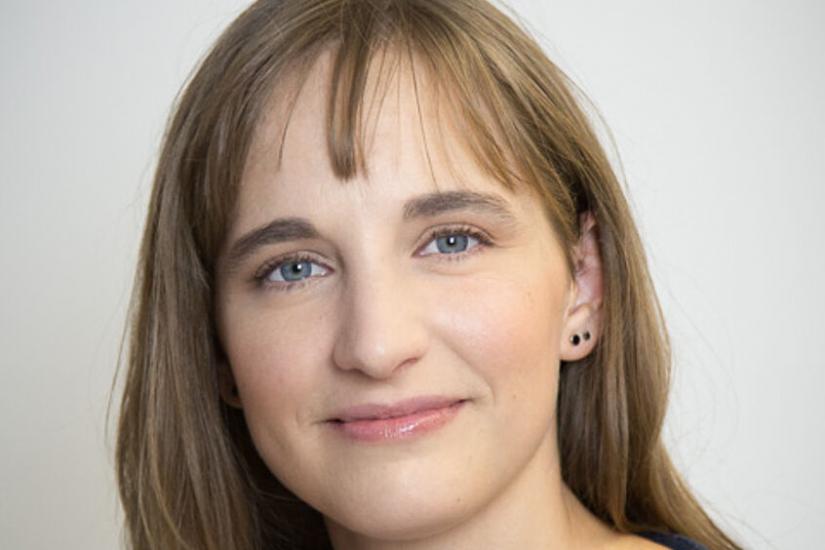
Please note that this is an online event. You can register under the "Registration" link in the right side bar.
ABSTRACT / In my research, I address fundamental questions at the core of cognitive biology and behavioral research in general: How did cooperative and prosocial behaviour, such as helping and sharing, emerge in humans as well as other animal lineages? What factors contribute to the expression of prosociality within social groups? Taking a comparative approach, I have conducted observational, experimental, and physiological research in two model systems: I have studied prosocial interactions in ravens, crows, and magpies – a bird taxon that has sophisticated socio-cognitive skills and whose abilities can be compared to human abilities without the confounding factor of common ancestry; additionally, I currently investigate how children’s relationships influence their prosocial interactions in naturalistic peer groups, using intuitive paradigms that can be directly compared to studies with non-human animals. In this talk, I will critically discuss the results obtained in these two model systems and highlight how the comparative approach can benefit the deeper understanding of social behaviour.
BIO / Lisa Horn is a project leader at the Department of Behavioral and Cognitive Biology at the University of Vienna. She is interested in social cognition in humans and non-human animals, particularly in the mechanisms of prosocial behavior, social bonding, and behavior coordination. Lisa Horn has a background in zoology and psychology and received her PhD from the University of Vienna, investigating the link between the dog-human relationship and socio-cognitive abilities in dogs. She has since held several postdoctoral positions (e.g. University of Veterinary Medicine Vienna, Hungarian Academy of Sciences) and investigated social cognition in a variety of species, ranging from birds to humans. Since 2017, she is investigating children’s behavior ‘in the field’, by visiting daycare facilities and schools and studying children’s behavior under naturalistic conditions.